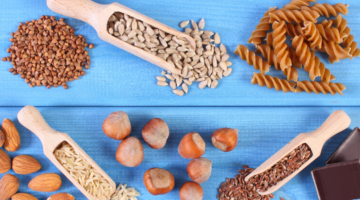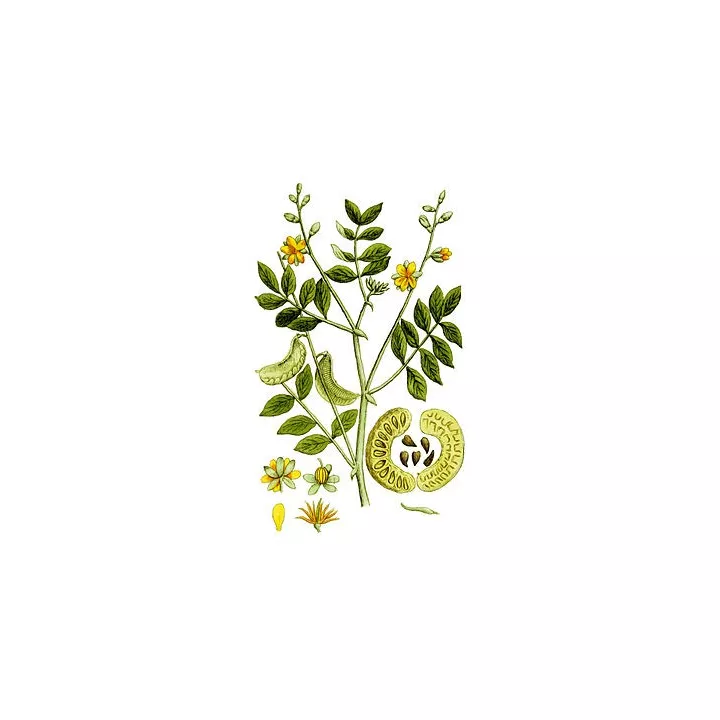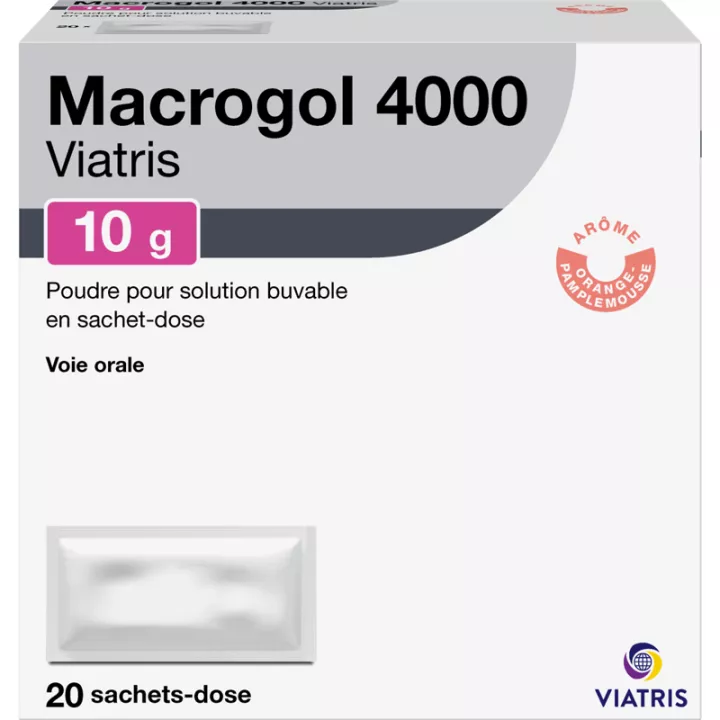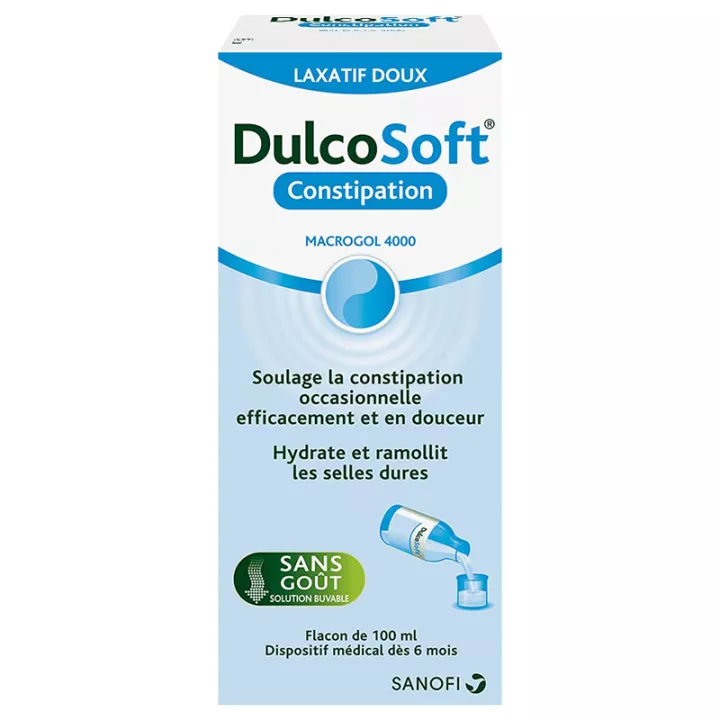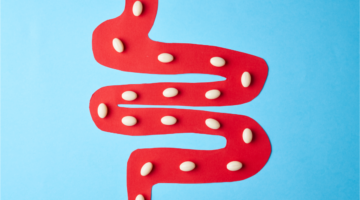NOTICE
ANSM - Last updated: 02/09/2011
Name of the medicinal product
GRAINS OF VALS 12.5 mg, coated tablet
Senna extract
framed
Read this leaflet carefully before you start taking this medicine. It contains important information for your treatment of your disease.
If you have any further questions, ask your doctor or pharmacist.
· Keep this leaflet, you may need to read it again.
· If you need more information and advice, ask your pharmacist.
· If symptoms worsen or persist after 8 to 10 days, consult a physician.
· If you notice any side effects not listed in this leaflet, or if you experience any of the effects listed as serious, please tell your doctor or pharmacist.
Review summary
In this notice :
1. WHAT VALS GRAINS 12.5 mg, coated tablet AND WHAT USE IS IT USED FOR?
2. BEFORE YOU TAKE GRAINS OF VALS 12.5 mg, coated tablet?
3. HOW TO TAKE GRAINS OF VALS 12.5 mg, coated tablet?
4. WHAT ARE POSSIBLE SIDE EFFECTS?
5. HOW TO STORE GRAINS OF VALS 12.5 mg, coated tablet?
6. ADDITIONAL INFORMATION
1. WHAT VALS GRAINS 12.5 mg, coated tablet AND WHAT USE IS IT USED FOR?
Pharmacotherapeutic group
Pharmacotherapeutic group: Stimulating laxative.
Therapeutic indications
Herbal medication used for the short-term treatment of occasional constipation of the adult.
2. BEFORE YOU TAKE GRAINS OF VALS 12.5 mg, coated tablet?
List of information needed before taking the medication
If your doctor has told you about an intolerance to some sugars, contact your doctor before taking this medication because of the presence of sucrose.
Cons-indications
Do not take GRAINS DE VALS 12.5 mg, coated tablet:
· if you are allergic (hypersensitive) to the active substance or to any of the other ingredients of GRAINS DE VALS.
· if you have certain diseases of the bowel and colon (ulcerative ulcerative colitis, Crohn's disease ...)
· if you have abdominal pain (stomach pains)
· if you have chronic constipation of long duration.
· if you have severe dehydration.
This medicinal product must not be used in the following cases:
· in combination with certain diuretics or certain heart medicines.
Precautions for use; special warnings
Take special care with GRAINS DE VALS 12,5 mg, coated tablet:
This medicinal treatment of constipation must be accompanied by hygiene-dietetic measures:
· Increased dietary intakes of vegetable products (green vegetables, raw vegetables, whole bread, fruits ...).
· Increased consumption of water and fruit juices
· Increased physical activity (sports, walking ...)
· Rehabilitation of defecation reflex.
Prolonged use of this medication is discouraged (do not exceed 8 to 10 days of treatment).
Prolonged intake of this medication can cause two series of disorders:
· The "laxative disease" with severe functional colopathy, rectocolic melanosis, hydro electrolyte abnormalities with hypokalaemia; it is very rare,
· A situation of "addiction" with regular need for laxatives, need to increase dosage and severe constipation in case of withdrawal; this dependence, which varies according to the patient, can be created without the doctor's knowledge.
The use of this medication is not recommended in patients with fructose intolerance, glucose-galactose malabsorption syndrome or sucrase / isomaltase deficiency (rare hereditary diseases).
Interaction with other medicines
Taking other medicines
This medication should not be used in combination with certain drugs, including amiodarone, bretyllium, disopyramide, quinidinic acid, sotalol, astemizole, bepridil, erythromycin IV, halofantrine, pentamidine, sultopride, terfenadine, vincamine, or hypokalemicants.
If you are taking or have recently taken any other medicines, including medicines obtained without a prescription, talk to your doctor or pharmacist.
Interactions with food and beverages
Not applicable.
Interactions with Herbal Medicines or Alternative Therapies
Not applicable.
Use during pregnancy and lactation
Pregnancy and breast feeding
This medication is not recommended during pregnancy and lactation.
Ask your doctor or pharmacist for advice before taking any medicine.
Sport
Not applicable.
Effects on ability to drive or use machines
Not applicable.
List of excipients with known effect
Important information about some of the ingredients of GRAINS DE VALS 12,5 mg coated tablet
This medicine contains sucrose.
3. HOW TO TAKE GRAINS OF VALS 12.5 mg, coated tablet?
Instructions for proper use
Not applicable.
Dosage, Mode and / or route (s) of administration, Frequency of administration and Duration of treatment
Dosage
This medication is for adults only.
The usual dose is 1 to 2 tablets per day.
If in doubt, consult your doctor or pharmacist.
Administration mode
Oral use
The tablets should be swallowed with a glass of water.
Frequency of Administration
This medication should be taken before evening meal.
Duration of treatment
Do not exceed 8 to 10 days of treatment. If the effect of the treatment is insufficient, do not increase the dose or prolong the use, but seek the advice of your doctor or pharmacist.
Symptoms and Instructions for Overdose
If you take more GRAINS OF VALS 12.5 mg, coated tablet than you should:
Consult your doctor or pharmacist.
Instructions for omission of one or more doses
If you forget to take GRAINS DE VALS 12.5 mg, coated tablet:
Do not take a double dose to make up for a missed dose.
Risk of withdrawal syndrome
If you stop taking GRAINS DE VALS 12.5 mg, coated tablet:
Not applicable.
If you have any further questions on the use of this medication, ask your doctor or pharmacist.
4. WHAT ARE POSSIBLE SIDE EFFECTS?
Description of adverse reactions
Like all medicines, GRAINS DE VALS 12.5 mg, coated tablet is likely to have side effects, although not everyone is subject to it.
· Abdominal pain.
· Diarrhea.
· Risk of decreased amount of potassium in the blood.
· Abnormal staining of urine.
If you notice any side effects not listed in this leaflet, or if any of the side effects gets serious, contact your doctor or pharmacist.
5. HOW TO STORE GRAINS OF VALS 12.5 mg, coated tablet?
Keep out of the reach and sight of children.
Expiration date
Do not use GRAINS DE VALS 12.5 mg, coated tablet after the expiry date which is stated on the carton. The expiry date refers to the last day of the month.
Storage conditions
This medication should be stored in a dry place at a temperature not exceeding 30 ° C.
If necessary, warnings against visible signs of deterioration
Medicines should not be disposed of via wastewater or household waste. Ask your pharmacist what to do with unused medications. These measures will help protect the environment.
6. ADDITIONAL INFORMATION
Full list of active substances and excipients
What contains GRAINS DE VALS 12,5 mg, coated tablet?
The active substance is :
Senna ( Cassia senna L. or Cassia angustifolia Vahl) (dry extract titrated from leaf) ............................... 12.5 mg
For a tablet.
Titrated from 14.0% to 15.5% in anthracene-containing heterosides expressed as sennoside B.
Solvent extraction: 70% ethanol VIV
Report drug / excerpt: 7-10: 1
The other components are :
Silicified microcrystalline cellulose, croscarmellose sodium, talc, magnesium stearate, gum arabic, sucrose, titanium dioxide, carnauba wax.
Pharmaceutical form and content
What is GRAINS DE VALS 12.5 mg, coated tablet and contents of the pack?
This medication is in the form of a coated tablet. Box of 20 tablets in blister packs.
Name and address of the marketing authorization holder and the holder of the manufacturing authorization responsible for the release of the lots, if different
Holder
NOGUATED LABORATORIES
43 RUE DE NEUILLY
92000 NANTERRE
exploiting
NOGUATED LABORATORIES
43 RUE DE NEUILLY
92000 NANTERRE
Maker
NOGUATED LABORATORIES
43 RUE DE NEUILLY
92000 NANTERRE
Names of the medicinal product in the Member States of the European Economic Area
Not applicable.
Date of approval of the notice
The last date on which this leaflet was approved is {date}.
AMM under exceptional circumstances
Not applicable.
Internet Information
Detailed information on this medicine is available on the Afssaps website (France).
Information for health professionals only
Not applicable.
Other
COUNCIL / HEALTH EDUCATION
The specialty GRAINS DE VALS 12,5 mg coated tablet is intended only for the short-term treatment of occasional constipation of the adult and should not be used in case of chronic constipation.
Occasional constipation is usually due to a change in daily habits (travel, diet change, stress). Poor eating habits and a sedentary lifestyle may also result in constipation over a longer period (chronic constipation).
Isolated, though unpleasant, constipation is trivial. Some simple advice of hygiene of life most often allow to facilitate the intestinal transit and the emission of the saddles:
· Eat green vegetables, high in fiber and fresh fruit , which promote transit. You can also consume progressively and without abusing it, bread or biscuits to the sound or the complete cereals,
· Avoid foods that are too greasy and too sweet,
· Drink enough (at least 1.5 liters / day) and regularly during the day (water, fruit juice, soup ...)
· Introduce yourself to the toilet at a fixed time to facilitate the rehabilitation of the defecation reflex,
· Do not forget physical exercise such as walking or gymnastics, excellent ways to combat constipation.
